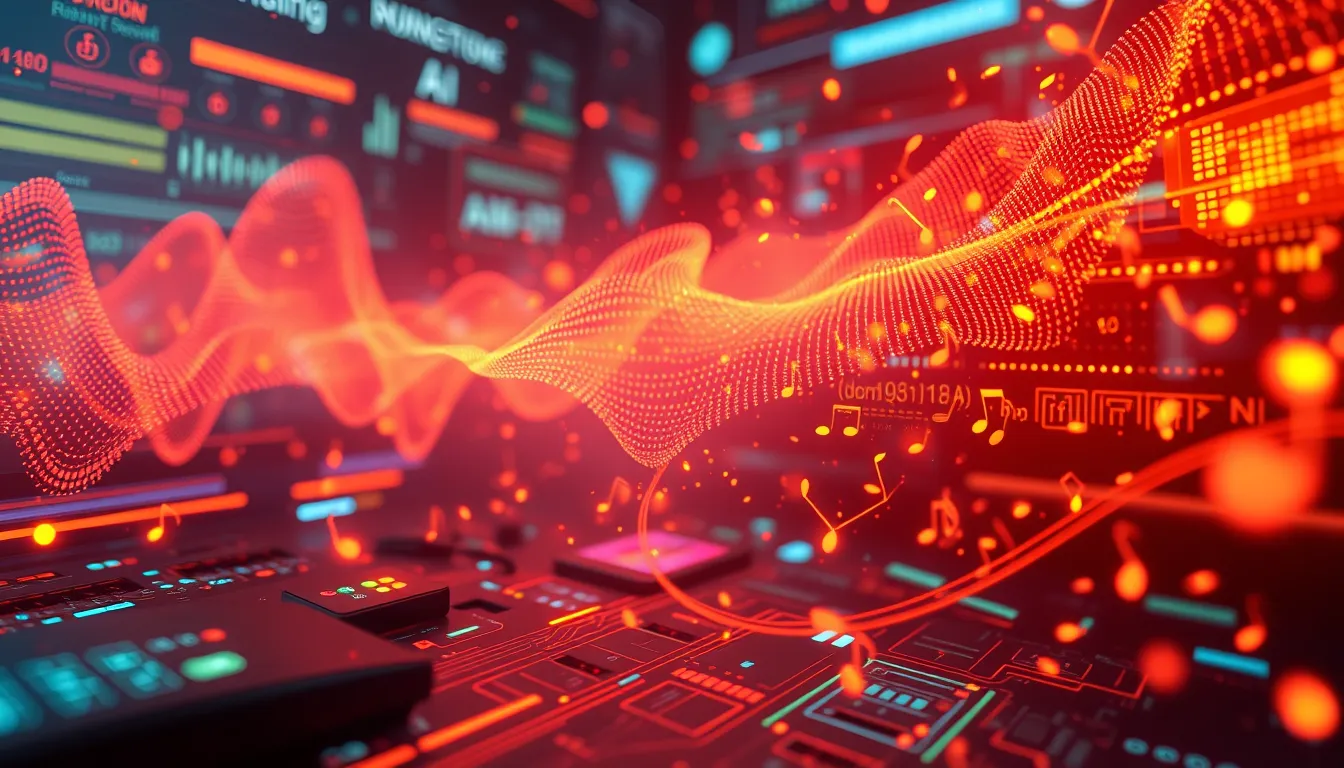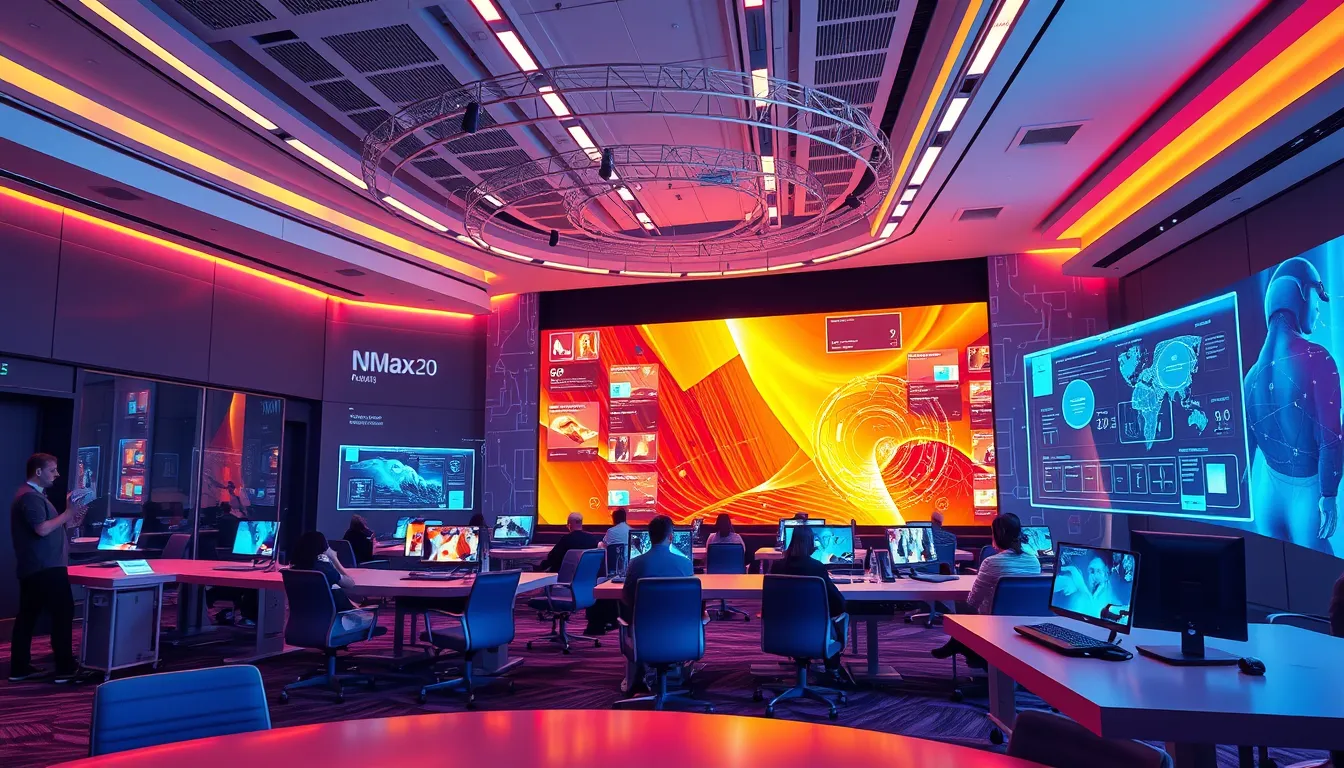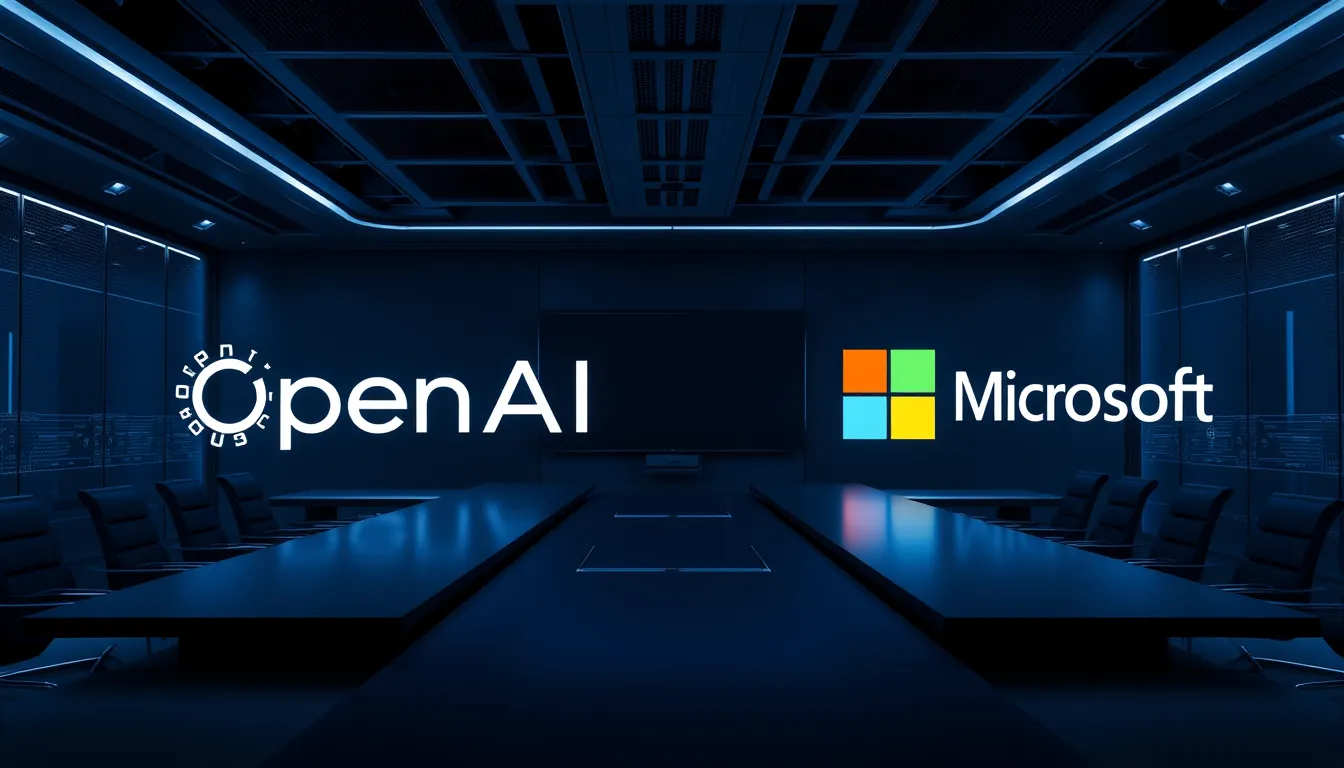Now Reading: Transforming Healthcare with AI Diagnostics
-
01
Transforming Healthcare with AI Diagnostics
Transforming Healthcare with AI Diagnostics

Transforming Healthcare with AI Diagnostics
The rapid evolution of technology is reshaping the landscape of medicine. In particular, AI in healthcare diagnostics is paving the way for unprecedented advancements in patient care and diagnostic accuracy. With the integration of advanced algorithms and machine learning, healthcare professionals can now rely on powerful tools that enhance their decision-making processes.
The Rise of AI in Healthcare Diagnostics
Artificial Intelligence (AI) has emerged as a game changer in the healthcare industry. Modern AI in healthcare diagnostics is revolutionizing how diseases are detected and treated. Hospitals and clinics are integrating AI-based systems to improve diagnostic precision, reduce human errors, and ultimately boost patient outcomes. Some notable benefits include:
- Enhanced diagnostic accuracy
- Faster disease detection
- Improved patient care and outcomes
Considering these advantages, healthcare institutions are increasingly investing in AI-driven solutions. Such technologies not only support medical personnel but also lead to a more efficient workflow in busy medical settings.
How AI Improves Diagnostic Accuracy
One of the most significant benefits of AI in healthcare diagnostics is its ability to process large volumes of data quickly and accurately. When combined with medical imaging techniques, AI systems help identify minute details that may be overlooked during conventional examinations. For instance, AI medical imaging can detect subtle anomalies in X-rays, MRIs, and CT scans, ensuring that early signs of diseases are not missed.
AI Medical Imaging and Disease Prediction
With the advent of AI, medical imaging has taken on a whole new dimension. By leveraging deep learning algorithms, AI systems are analyzing images with incredible precision. This advancement is vital for early diagnosis and effective treatment planning. Moreover, AI disease prediction models are becoming an integral part of preventive healthcare strategies. These models analyze historical medical data and current health records to forecast potential health risks, enabling timely interventions.
Integrating AI in Healthcare Systems
Successful integration of AI in healthcare diagnostics requires a holistic approach. Medical institutions must ensure that technology complements existing workflows. Key steps in implementing AI-driven diagnostic tools include:
- Training medical staff to interpret AI-generated results
- Investing in reliable and scalable AI systems
- Collaborating with tech innovators to stay ahead of industry trends
Continuous training and technological updates are essential to unlock the full potential of AI in healthcare diagnostics. This synergy between healthcare professionals and cutting-edge technology is a cornerstone for the future of medicine.
Benefits of AI-Powered Diagnostics
There are many tangible benefits associated with AI in healthcare diagnostics. Here are a few examples:
- Increased diagnostic accuracy.
- Quick analysis of complex imaging scenarios.
- Reduction of diagnostic errors.
- Improved patient outcomes through early intervention.
The exact focus keyphrase, AI in healthcare diagnostics, is not just a technological trend; it represents a paradigm shift that is improving lives worldwide. For instance, institutions are reporting faster turnaround times in diagnostic service and a higher level of patient satisfaction.
Addressing the Challenges
Despite the many advantages, the journey toward fully integrating AI in healthcare diagnostics is not without obstacles. Some challenges include high initial investment costs, data privacy concerns, and the necessity for continuous regulatory updates. However, as technology advances, these challenges are being addressed by collaborative efforts between healthcare providers and tech innovators.
Medical institutions like Mayo Clinic and technology pioneers such as OpenAI are at the forefront of leveraging AI to drive innovation and improve patient care. Additionally, companies like Microsoft play a critical role in supporting healthcare solutions that integrate AI.
The Future of AI in Healthcare Diagnostics
Looking ahead, the future of AI in healthcare diagnostics is exceedingly promising. With continuous advancements, AI systems will grow more sophisticated, enabling even deeper insights into diagnostic data. The potential ramifications include:
- Wider adoption of AI systems in routine diagnostics
- Personalized treatment plans based on predictive analytics
- Significant reductions in healthcare costs due to efficient resource allocation
By overcoming current challenges and harnessing the power of technology, AI in healthcare diagnostics is not only transforming the practice of medicine but is also setting the stage for a more responsive, efficient, and patient-centered healthcare system.
Conclusion
In conclusion, the rise of AI in healthcare diagnostics marks a transformative era in modern medicine. From enhanced imaging techniques to predictive disease models, these advancements are significantly improving diagnostic accuracy and patient care. As healthcare providers continue to adopt these innovative solutions, the impact of AI on diagnosis and treatment will be felt across the globe. The focus keyphrase AI in healthcare diagnostics continues to demonstrate its importance as it drives forward the future of medical innovation, making healthcare safer, more efficient, and increasingly personalized. Embracing AI is not merely about adopting new technology; it represents a commitment to improving lives through better, faster, and more reliable diagnostic services.

























